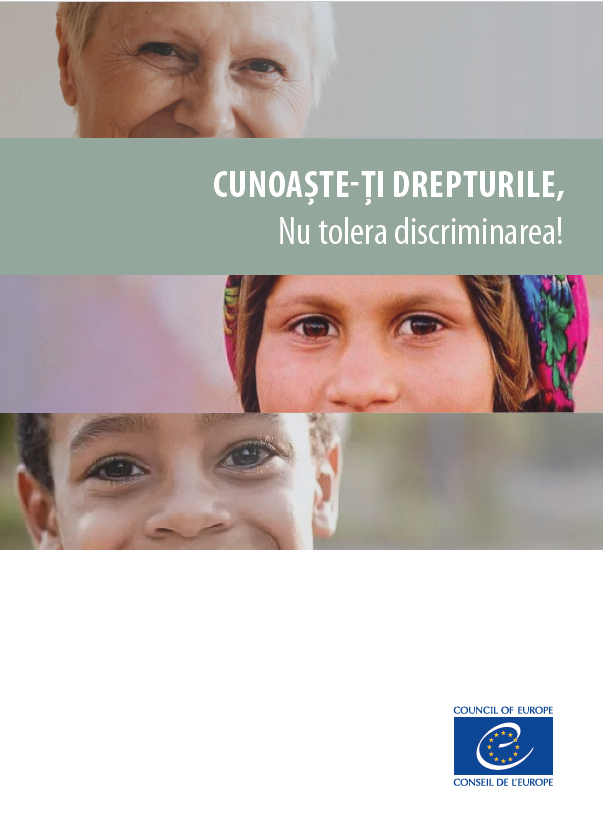Training of Trainers on equality, non-discrimination and hate crimes was organised on 24-25 May 2022 and completed by 24 police officers. The aim of the activity was to enhance the ability of the participants to deliver online and in-person trainings to their peers on topics related to non-discrimination and hate crime, such as: racism, homophobia, racial profiling, protected criteria and grounds of prejudice in line with European standards and the Criminal Code.
The training covered specific modules on the indicators, identification and combating stereotypes and bias motivated offenses, relating procedures and understanding the impact of discrimination on society, but also importance of supporting the rehabilitation of victims and the raising awareness of whole society relating to those issues.
Accordingly, participants improved their skills related to the recognition, qualification, investigation and conviction of crimes motivated by prejudice, methods to work with victims of biased offenses and establishing a relationship of trust with the target communities of biased offenses and understanding the relevance and methodology of disaggregated data collection.
The training also enhanced methodological skills of future trainers such ones related to the pedagogical planning, facilitation, communication with participants, use of interactive methods and e-learning techniques, enabling them to pass gained knowledge through the future trainings in interactive manner - combining human rights education and practical exercises.
The training was organised in cooperation with the General Police Inspectorate, within the framework of the Council of Europe Project ”Enhancing diversity and equality in the Republic of Moldova” which is part of the Council of Europe Action Plan for the Republic of Moldova for 2021 – 2024. The project is funded by the Ministry of Foreign Affairs of the Kingdom of the Netherlands.









